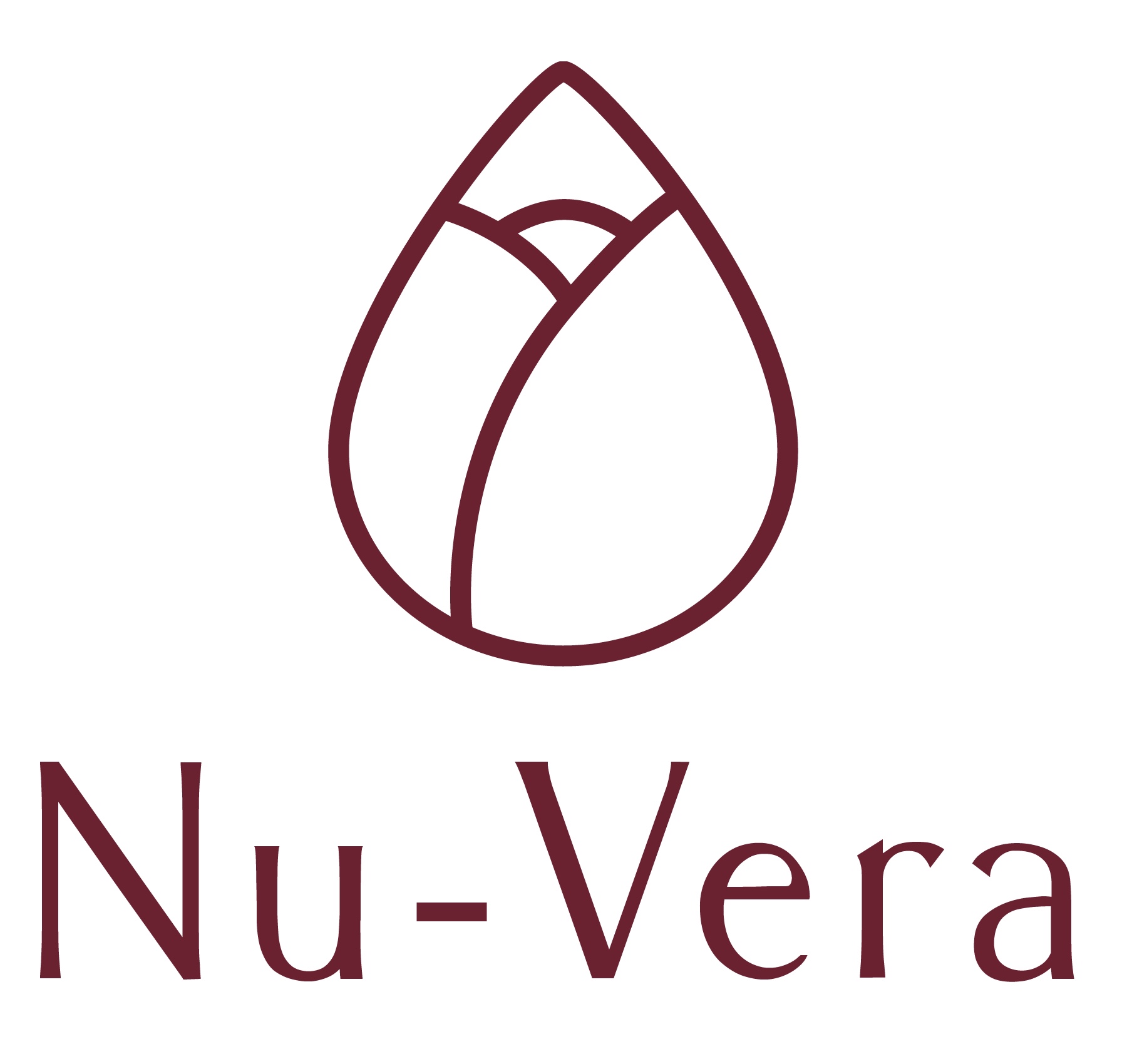How to Navigate Postnatal Depression: A Guide for New Mothers
- Nu-Vera Hypnotherapy

- Aug 24, 2024
- 2 min read

Becoming a new mother is a remarkable and life-changing experience. However, it's not all sweet lullabies and baby giggles; many new mothers face the challenges of postnatal depression, a condition that affects numerous women after childbirth. If you're a new mother struggling with postnatal depression, you're not alone, and there are ways to navigate through this difficult period. Let's explore how you can manage postnatal depression and take care of yourself and your baby.
Understanding Postnatal Depression
Postnatal depression, also known as postpartum depression, is a type of mood disorder that can affect women after giving birth. It's essential to recognize the signs and symptoms, which can include feelings of sadness, anxiety, low energy, and changes in sleep and appetite. Acknowledging that you may be experiencing postnatal depression is the first step towards seeking help and support.
Seeking Help and Support
As a new mother, it's crucial to reach out for help when you're struggling with postnatal depression. You don't have to face this challenge alone. Talk to your partner, family members, or friends about how you're feeling. Seeking support from a healthcare provider or counselor can also provide you with the guidance and assistance you need to overcome postnatal depression.
Self-Care Strategies
Taking care of yourself is vital during this challenging time. Practicing self-care activities can help improve your mental well-being and overall mood. Consider incorporating activities like exercise, meditation, or hobbies that bring you joy and relaxation into your daily routine. Remember to prioritize your physical and emotional well-being to better care for your baby.
Building a Support System
Surrounding yourself with a supportive network is essential for navigating postnatal depression. Joining a new mother's support group or connecting with other mothers who are experiencing similar challenges can provide you with a sense of community and understanding. Having a support system in place can offer encouragement, advice, and a listening ear when you need it most.
Professional Help and Treatment Options
If you're finding it challenging to cope with postnatal depression, don't hesitate to seek professional help. Mental health professionals can offer therapy, medication, or other treatment options tailored to your needs. Remember that seeking help is a sign of strength, and there's no shame in reaching out for support when you need it.
Embracing Parenthood with Positivity
While postnatal depression can be overwhelming, it's essential to remember that you are a strong and capable mother. Embrace the joys of parenthood and cherish the special moments with your baby. Be kind to yourself, practice self-compassion, and celebrate the small victories along the way. Remember that you're doing the best you can, and it's okay to ask for help when you need it.
In conclusion, postnatal depression is a common challenge that many new mothers face, but it's essential to remember that there is hope and support available. By acknowledging your feelings, seeking help, and practicing self-care, you can navigate through postnatal depression and emerge stronger on the other side. Remember that you are not alone on this journey, and with the right support and resources, you can overcome postnatal depression and embrace the joys of motherhood.
Get in touch with us today at Nu-Vera, https://www.nu-vera.com for assistance in navigating postnatal depression.




Comments